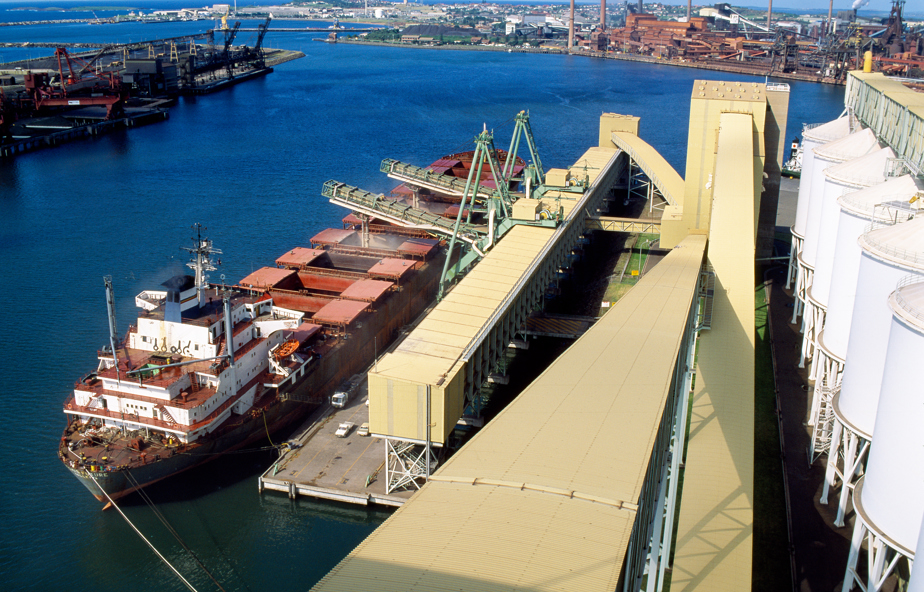All those close to, or associated with, international trade will be conscious of the significant disruptions caused by COVID-19.
Our National Cargo Product Manager, Nick Rowley, has some valuable information for exporters on how to minimise impacts to their shipments and keep trade moving.
“We’re seeing sea shipments experiencing vessel deviations, forced discharges, blanked (cancelled) or slowed sailings on virtually all trade routes, with some sea trades ceased completely due to port or country lock-downs,” he says
“Airfreight shipments have been hit hard due to the shut-down of passenger aircraft movements, with the vast majority of airfreight capacity from passenger aircraft disappearing. Charter flights and specialist freight aircraft are being utilised for the most urgent and medical equipment movements.”
He notes that shipping containers are also in short supply as they clog ships, ports, container yards and warehouses, with many full containers not being collected, emptied and returned to service, sparking concerns over the industry possibly coming to a standstill.
“Navigating these disruptions is challenging,” says Nick.
“Exporters and traders need to be mindful of their contractual obligations and heightened risks when shipping goods in the current climate, as additional shipping, deviation storage and on-forwarding costs associated with COVID-19 are unlikely to be covered by marine transit insurance.”
Some key points to consider include:
Is the trade route viable?
- Some shipment times can be lengthy and conditions at the discharge port/country may change significantly in the time between the commencement of the shipment until the expected delivery.
Will the trade chain remain viable for the period of the intended voyage?
- If there is any doubt, re-assess the need to ship the goods and/or seek more viable alternatives.
Check with your freight forwarder and/or the shipping company
- They will likely have the most up to date information on trade routes.
Trade contracts
- Review your contractual requirements with your solicitor to ensure that you will not be unduly exposed to additional or avoidable risks. In particular, check your trade terms – for instance, export sales using the INCOTERM ‘Carriage Paid To’ (CPT) may leave an exporter exposed to on-going freight, demurrage or storage costs under a Bill of Lading where the consignee does not collect the cargo due to the failure of their business, or an inability to access or collect the cargo due to COVID-19 impacts.
The risks of trade disputes, payment delays/defaults and fraud may escalate during COVID-19 disruptions
- Be alert to these matters and check/re-check the ‘bona fides’ of trading partners.
- COVID-19 induced disruption and logistics challenges may increase cargo vulnerability to theft.
Consider your cargo
- Temperature and time sensitive goods are particularly vulnerable to trade chain disruption and we recommend extreme caution in planning any shipments and testing the viability of the trade chain. With ports congested and refrigerated container power plug in facilities in short supply, it is imperative that close contact be maintained with the consignee and their ability to quickly access and collect the goods.
“Be sure to seek the most appropriate advice from your broker, freight forwarder, shipping company, solicitor and/or available Government department or trade organisation,” urges Nick.
If you’re a broker and would like to learn more about this topic, you can register your interest for our upcoming webinar by emailing us at webinar@nti.com.au.
